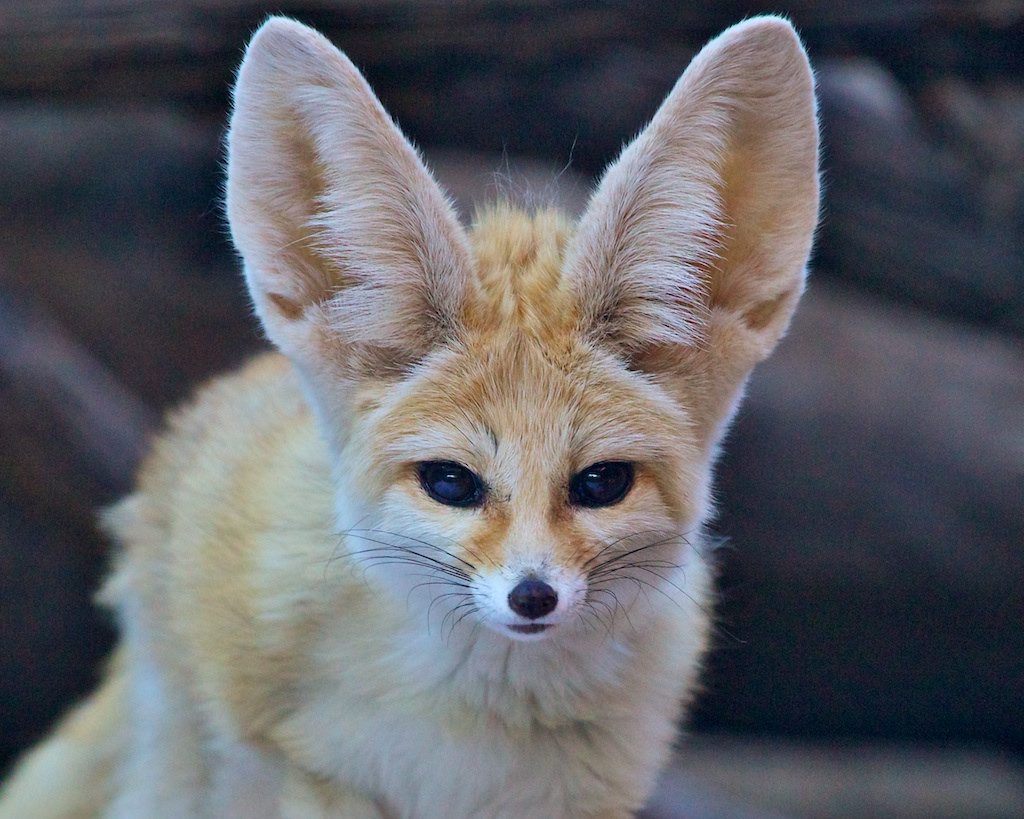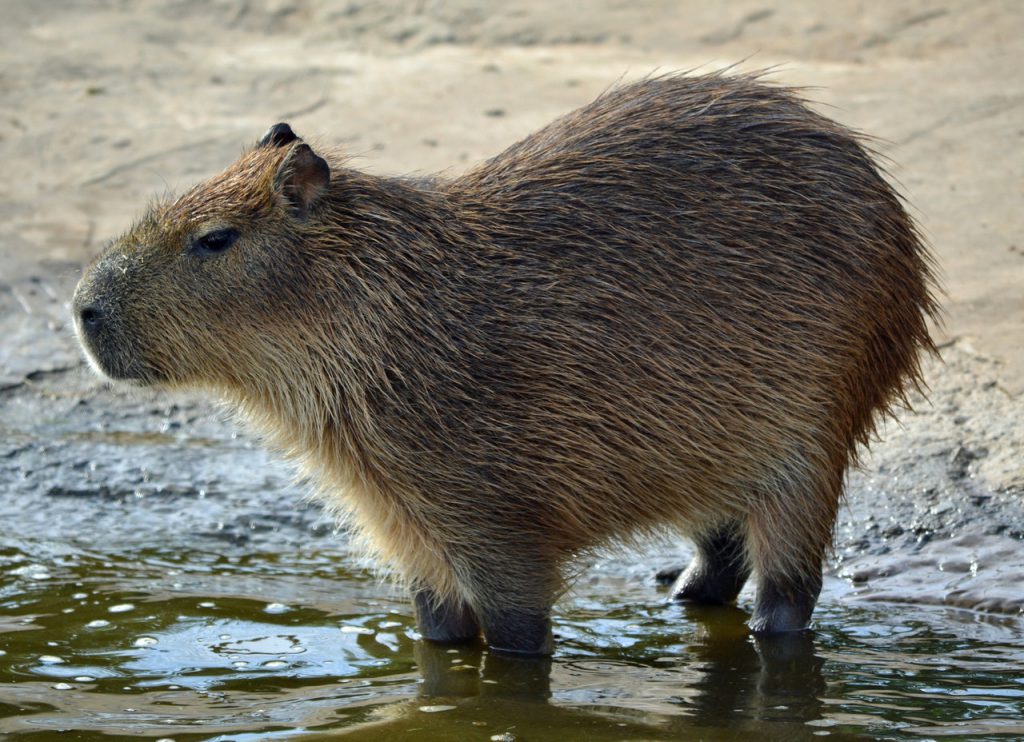Humans have kept pets for thousands of years. Dogs were the first animal to be widely domesticated and kept as pets and cats were next. It’s 2017 now and it’s never been easier to get a pet. But these days we aren’t limited to dogs and cats. Our last post was a brief history and explanation of animal domestication. If you haven’t read it, check it out!
There are six basic animal groups. They are mammals, fish, birds, reptiles, amphibians, and invertebrates. Whether you want something to cuddle or something to be kept in an enclosure and observed, there are hundreds of pet options available to the average person. Even today people are domesticating animals that haven’t been kept as pets before. There are many new and unusual pets out there, let’s take a look at some of them!
Thanks to Dmitry K. Belyaev, a Soviet geneticist, you can now own a domesticated pet fox. It’ll take more work than a dog or a cat, and it’ll set you back about $8,000. Back in 1959, Belyaev began experimenting with the domestication of foxes through selective breeding. Foxes are very intelligent and curious animals. Though they share some genetics with dogs, they are not dogs. They are their own animal with unique traits and behaviors.
While we’re talking about foxes, you might be interested to learn that you can get a fennec fox and keep it as a pet. Don’t let it outside though! Fennec foxes love to dig. If they get out of the house, they may just dig a tunnel and disappear. Though not quite domesticated, they are friendly animals, and they sleep a lot.
From the smallest to the biggest, people are domesticating rodents On the smaller side, there is the degu. They are a social animal, so they need to be kept in groups. They will treat you as one of their own and they need a lot of love and attention.
On the bigger side of the rodent family, actually the biggest rodent there is, the capybara is a possibility, depending on where you live of course. They are native to Australia, and they are still a fairly wild animal. They need to be kept in groups, preferably outdoors, near water. That can be a big order to fill, depending on where you live.
There are a lot of animals that are being domesticated these days and there are a lot of exotic pets out there. If you’re ever considering an exotic pet, it’s important to make sure that you can provide proper care for the animal, and that owning one is legal where you live. It’s also very important to consider the ethical ramifications of keeping a pet that may not be entirely domesticated.




